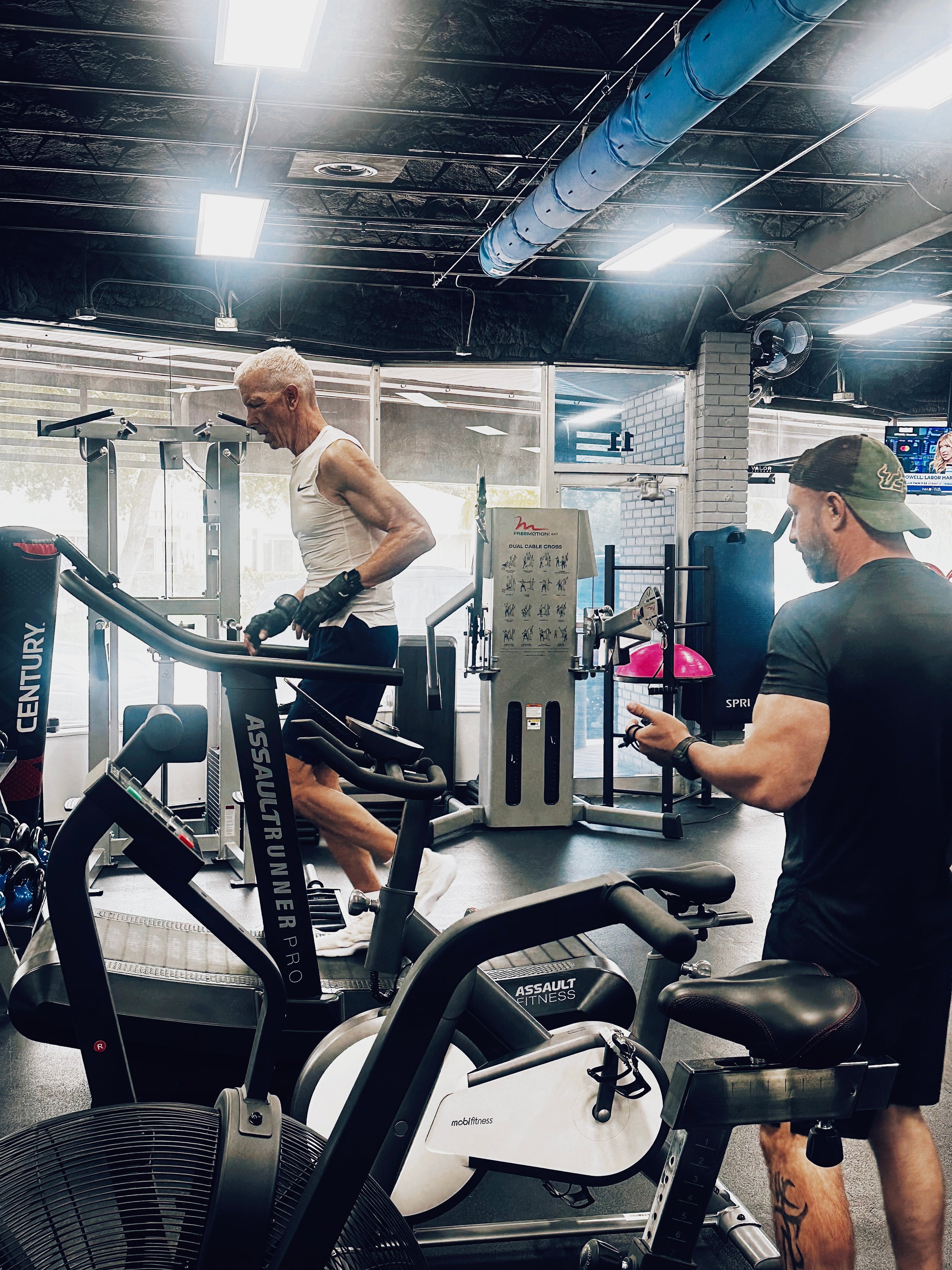
Pre-Workout vs. Post-Workout: Which Timing Delivers Better Results?
In the fitness world, timing is everything. One of the most debated topics revolves around the question: Is pre-workout nutrition more beneficial than post-workout nutrition, or vice versa? Both camps have their supporters, but recent studies have sparked a shift in perspective—especially with the debunking of the infamous "anabolic window." So, which should you prioritize: your pre-workout fuel or post-workout recovery?
Let’s break it down.
The Case for Pre-Workout Nutrition
Many athletes and fitness enthusiasts swear by pre-workout nutrition to maximize performance. The logic behind this is simple—if you provide your body with the right fuel before training, you can exercise harder, longer, and more efficiently.
Key Benefits of Pre-Workout:
- Increased energy and endurance: Carbohydrates consumed before a workout serve as a quick energy source, while supplements like MCTs (Medium Chain Triglycerides) offer sustained energy, helping you push through high-intensity sessions.
- Muscle activation and growth: Pre-workout protein, especially one rich in amino acids, can kick-start muscle protein synthesis, ensuring your muscles are ready for action during your training.
- Improved focus: Ingredients like caffeine or nootropics found in pre-workouts sharpen mental clarity and enhance the mind-muscle connection, ensuring you stay focused and perform at your best.
Essentially, pre-workout nutrition prepares your body and mind for peak performance, ensuring that your training session is as effective as possible.
The Traditional Argument for Post-Workout Nutrition
On the flip side, post-workout nutrition has long been considered the key to recovery. The idea is that after intense exercise, your muscles are primed to absorb nutrients, especially protein, to repair and grow. This is where the concept of the "anabolic window" gained traction.
For years, we were told there was a narrow window of time—roughly 30 minutes post-exercise—in which our muscles were particularly sensitive to nutrient intake. The belief was that if you didn’t consume protein and carbs within that window, you’d miss out on gains.
Key Benefits of Post-Workout:
- Muscle repair and recovery: Consuming protein after your workout helps repair muscle damage and stimulate muscle growth. This makes post-workout protein crucial for those aiming to build muscle mass.
- Replenishing glycogen: Carbohydrates consumed after training help replenish glycogen stores depleted during exercise, essential for recovery and preparing for your next workout.
The Debunking of the Anabolic Window
However, recent research has debunked the strict time frame of the anabolic window. Studies now show that muscle protein synthesis doesn’t rely on a narrow post-workout window but rather on total daily protein intake. The most important factor is consuming an adequate amount of protein throughout the day—not necessarily within 30 minutes after your workout.
A study published in the Journal of the International Society of Sports Nutrition found that the anabolic window may last several hours post-exercise, and that consuming protein both before and after workouts can result in effective muscle protein synthesis. In fact, some researchers argue that pre-workout protein may be just as effective as post-workout protein for muscle growth and recovery, as amino acids remain in your bloodstream even after you’ve finished your workout.
This finding has tilted the scale in favor of flexibility in nutrient timing, emphasizing the importance of overall nutrition rather than strict pre- or post-workout rules.
Which is More Important: Pre- or Post-Workout?
The truth is, both pre- and post-workout nutrition play vital roles in optimizing performance and recovery, but neither is superior on its own. Here’s a more nuanced take:
- If you’re looking for enhanced performance, energy, and focus, prioritize your pre-workout meal or supplement. A mix of protein, carbs, and fats can help you sustain energy, activate muscles, and push harder during your workout.
- If your goal is muscle recovery and glycogen replenishment, ensure you consume post-workout nutrition that includes protein and smart carbs
 . This helps repair muscles and prepares your body for the next workout.
. This helps repair muscles and prepares your body for the next workout.
Instead of viewing pre- and post-workout nutrition as competing strategies, it’s best to see them as complementary. A solid pre-workout fuel ensures you get the most out of your session, while post-workout nutrition supports recovery and growth.
The Final Word
With the anabolic window debunked, it’s clear that nutrient timing is far more flexible than previously thought. You don’t need to rush to chug a protein shake immediately after your last set. Instead, focus on the bigger picture: ensure your overall nutrition supports your training goals by consuming adequate amounts of protein and carbs throughout the day.
When it comes to choosing between pre- or post-workout nutrition, it all boils down to balance. Fueling up before exercise powers your performance, while post-workout nutrition aids recovery. Prioritize both for the best results, and you'll be well on your way to unlocking your full potential—without stressing over the clock.